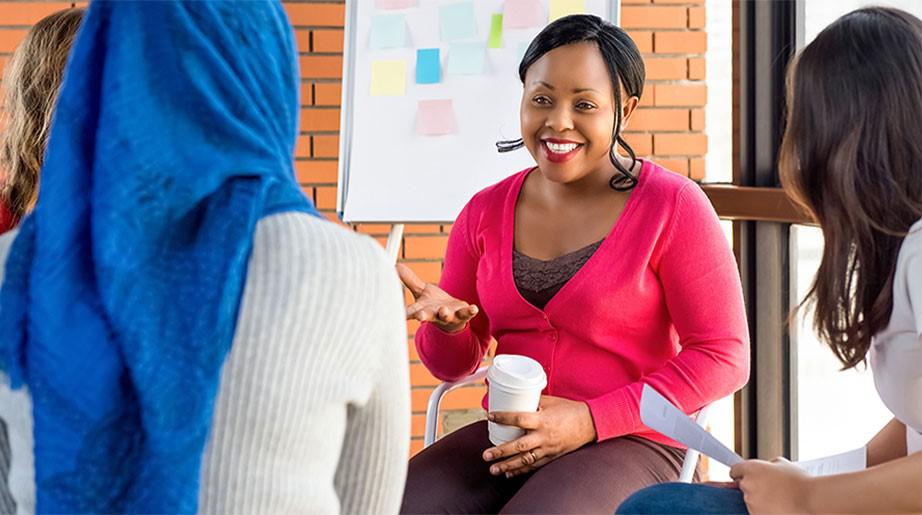
In the realm of mental health, the power of shared experiences cannot be overstated. Peer support, a dynamic and empowering form of assistance, has emerged as a vital resource for individuals navigating the intricate landscape of mental well-being. In this article, we'll delve into the transformative role of peer support in mental health, exploring its definition, benefits, and the diverse ways it is manifesting in the digital age.
Understanding the Essence of Peer Support:
1. Defining Peer Support:
At its core, peer support involves individuals with lived experiences coming together to provide a unique form of assistance to one another. Unlike traditional therapeutic relationships, peer support thrives on the authenticity and empathy that arises from shared challenges and triumphs.
2. Benefits of Peer Support:
Numerous studies underscore the positive impact of peer support on mental health outcomes. The benefits extend beyond traditional therapeutic models, with peer support being associated with reduced feelings of isolation, increased self-esteem, and a greater sense of empowerment in one's recovery journey.
Exploring Diverse Avenues for Peer Support:
3. Online Peer Support Communities:
In our digital age, the internet has become a powerful platform for fostering connections. Websites like "7 Cups" and "Inspire" provide safe, anonymous spaces for individuals to share experiences, seek advice, and offer support. The beauty of online communities lies in their accessibility and the ability to connect individuals from different corners of the world.
4. Local Support Groups:
Bringing peer support to a grassroots level, local support groups facilitated by organizations like the National Alliance on Mental Illness (NAMI) offer in-person connections. NAMI's website serves as a valuable resource for finding local support groups, creating real-world communities that combat the isolation often associated with mental health challenges.
The Evolving Landscape of Peer Support Models:
5. Certified Peer Specialists:
In recognizing the significance of peer support, some mental health organizations employ Certified Peer Specialists (CPS). These individuals undergo specialized training to provide valuable support services. Organizations like the Depression and Bipolar Support Alliance (DBSA) shed light on the role and impact of Certified Peer Specialists.
6. Warmlines and Peer-Run Helplines:
In times of non-crisis, warmlines and peer-run helplines act as lifelines. These services, listed on websites like Mental Health America, offer individuals a chance to connect with trained peers via telephone calls. The focus is on providing a listening ear and a source of understanding.
Navigating Challenges and Embracing Opportunities:
7. Addressing Stigma:
Despite the proven benefits of peer support, mental health stigma persists. Organizations like "Bring Change to Mind" are actively working to reduce stigma and encourage open conversations surrounding mental health.
8. Integration with Professional Care:
An essential consideration in the realm of peer support is its integration with professional mental health care. The Substance Abuse and Mental Health Services Administration (SAMHSA) emphasizes the importance of a holistic approach, where peer support complements rather than replaces professional care.
Conclusion
Peer support stands as a testament to the strength found in shared narratives and human connection. As we continue to navigate the intricate journey of mental health, these connections become bridges—linking individuals with understanding, compassion, and hope. By embracing and championing peer support, we contribute to a more inclusive and compassionate approach to mental well-being, one that recognizes the transformative potential of shared experiences.
Remember, while peer support is invaluable, seeking professional advice is equally crucial for comprehensive mental health care. If you or someone you know is in crisis, please contact your local emergency number or a mental health crisis hotline.
References:
https://www.nami.org/Support-Education/Mental-Health-Education/Peer-to-Peer-Support